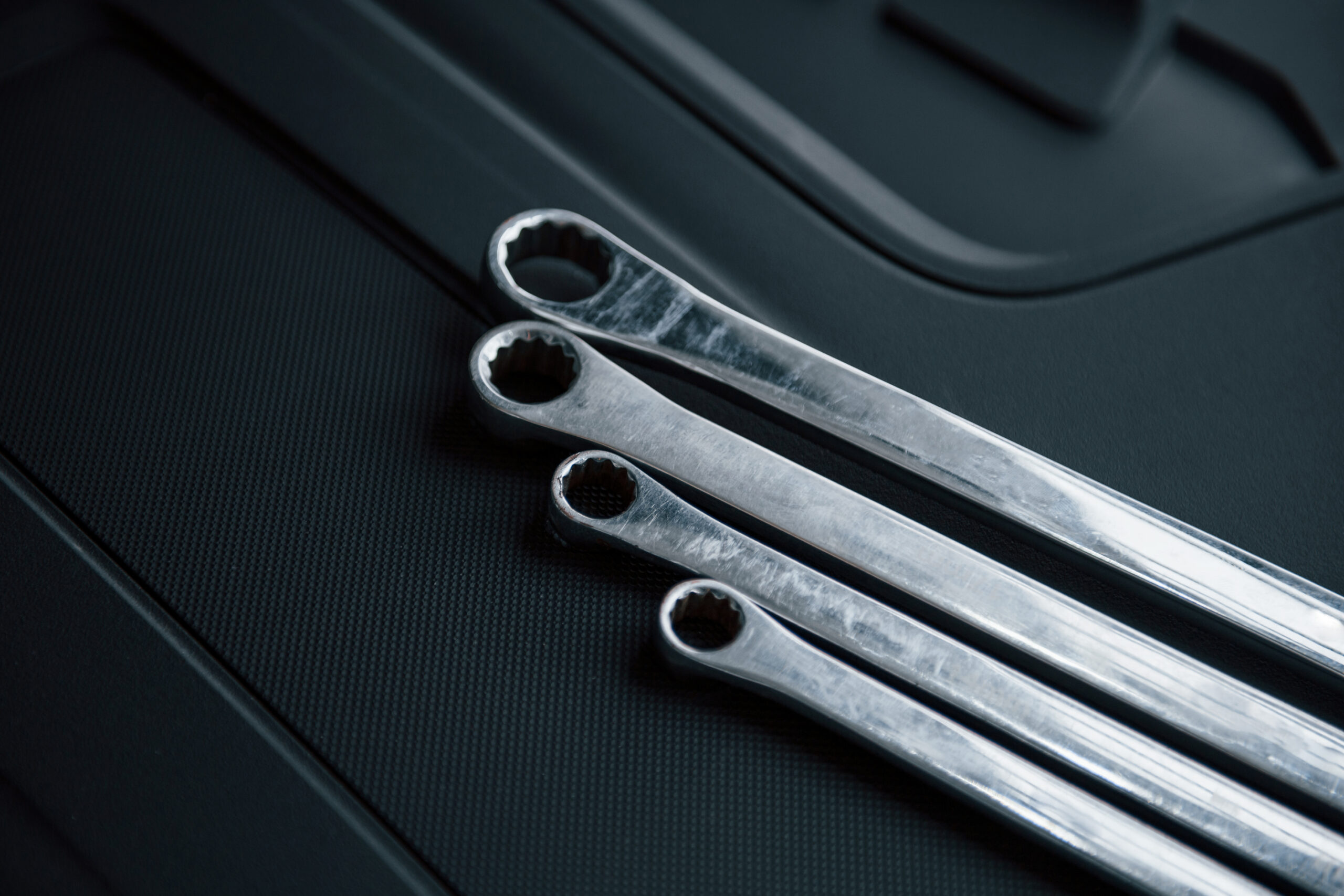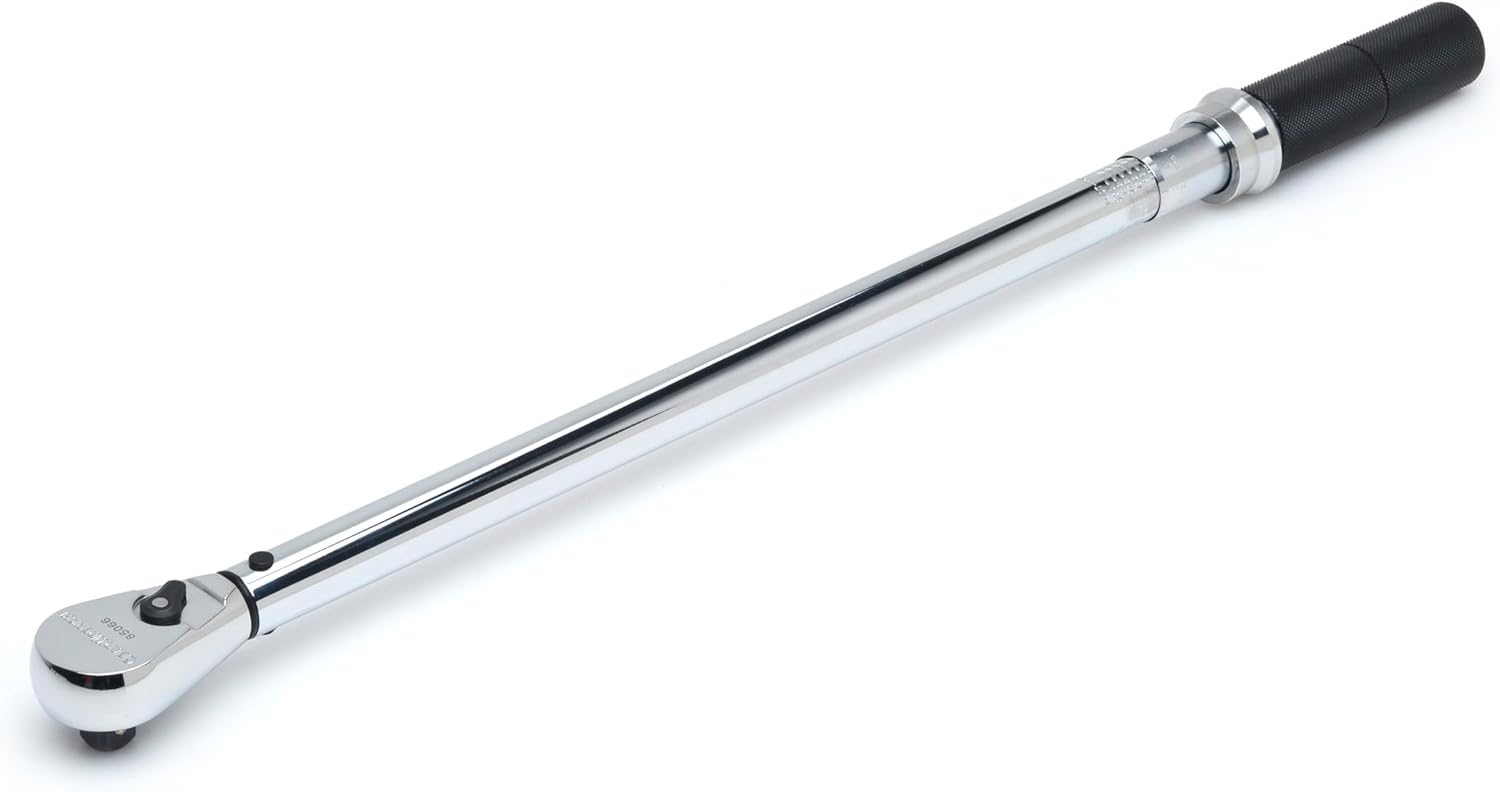100 Smooth Rizz Lines to Make Her Blush


Finding the best torque wrench can significantly enhance the precision of your mechanical projects, whether you’re a DIY enthusiast or a professional mechanic. A torque wrench is an essential tool that ensures nuts and bolts are tightened to the correct specifications, preventing damage to parts and ensuring safety. This guide will walk you through the top features to consider, the types available, and how to choose the right one for your needs. By the end, you’ll have a clear understanding of which torque wrench is best suited for your tasks.
When selecting the best torque wrench, it’s crucial to focus on several key features that will determine its suitability for your specific applications. Here are the main attributes to consider:
Understanding the different types of torque wrenches will help you select the right tool for your job. Each type offers unique benefits and is suited for various applications.
Click torque wrenches are the most popular type due to their simplicity and reliability. They emit a clicking sound when the preset torque level is reached, providing a clear signal to stop applying force. This type is ideal for general automotive and machinery repairs.
Beam torque wrenches are the most basic and affordable option. They consist of a long beam and a scale that indicates the torque level as the beam bends. While not as precise as other types, they are durable and require minimal maintenance.
Digital torque wrenches offer advanced features, including electronic displays that provide real-time torque readings. They often include memory functions and alarms, making them suitable for precision tasks requiring high accuracy.
Dial torque wrenches feature an analog dial that provides a continuous torque reading. They are highly accurate and often used in laboratories and quality control settings where precision is paramount.
The drive size of a torque wrench is a critical factor that determines its compatibility with various sockets and fasteners. Here’s a comparison of common drive sizes:
Digital and mechanical torque wrenches each have their own advantages and limitations. Understanding these can help you make an informed decision.
Several brands are renowned for producing high-quality torque wrenches. Here are some of the most respected names in the industry:
Snap-on is synonymous with premium tools, offering a range of torque wrenches known for their precision and durability. Their digital models are particularly noted for their advanced features and reliability in professional settings.

Craftsman provides a variety of torque wrenches that are both affordable and dependable. Their click-type wrenches are popular among DIY enthusiasts for their straightforward operation and solid build.

Tekton is praised for producing user-friendly and accurate torque wrenches at competitive prices. Their 1/2-inch drive click wrench is a favorite for automotive work due to its balance of cost and performance.

GearWrench offers a comprehensive range of torque wrenches, including innovative digital models that cater to both professionals and hobbyists. Their products are known for ergonomic designs and ease of use.
Specializing in bicycle tools, Park Tool’s beam and click torque wrenches are excellent for cycling enthusiasts. They are designed to meet the specific torque requirements of bicycle components.
Proper maintenance ensures the longevity and accuracy of your torque wrench. Follow these best practices to keep your tool in top condition:
While torque wrenches are the standard for measuring torque, there are alternative tools that can be useful in certain situations:
Ideal for precision work on small fasteners, torque screwdrivers are commonly used in electronics and instrument assembly. They offer lower torque ranges, typically from 1-50 inch-pounds.
For heavy-duty applications requiring high torque values, hydraulic torque wrenches provide the necessary power and precision. They are often used in industrial settings where consistent torque is critical.
An electronic torque adapter can convert a standard ratchet into a torque-measuring tool. This versatile option is cost-effective and suitable for occasional use.
In conclusion, selecting the best torque wrench depends on understanding your specific needs and the features that will best support your work. Whether you opt for a digital or mechanical model, investing in a quality torque wrench will enhance the precision and safety of your projects. Consider the types, drive sizes, and brands discussed here to make an informed decision that aligns with your requirements.